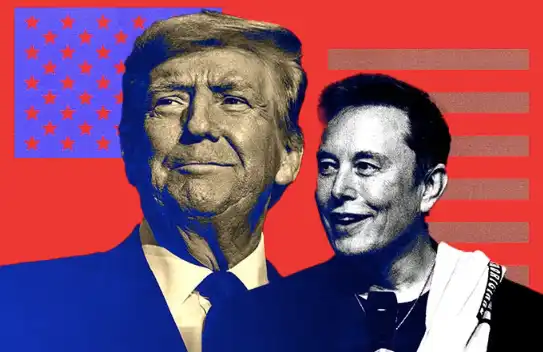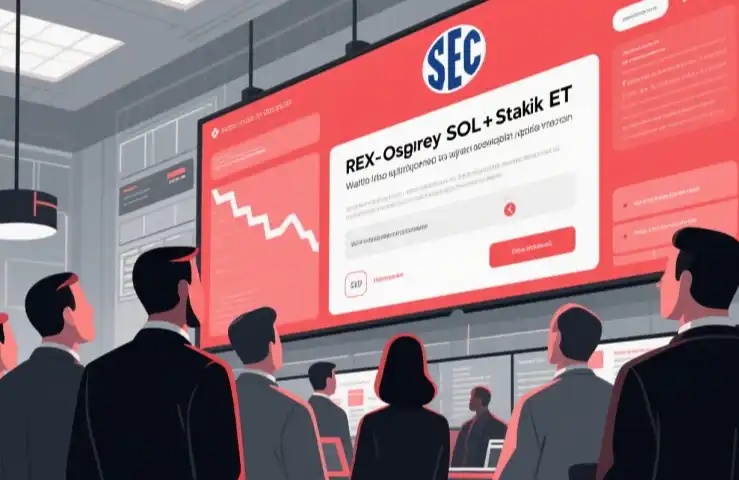Web3 Job Seekers Must Read: Paradigm Partners Interpret Token Incentives
Original title: "Token compensation: a brief explainer for job candidates"
Original author: Dan McCarthy, Paradigm
Original compilation: 0x9F, Rhythm BlockBeats
The past few months have seen a major shift in the talent market for Web3 companies. Great minds from Web2 tech, traditional finance, and big law firms are pouring into the space, but often they don't have a good understanding of the compensation structures common to crypto firms.
Suppose you are one of these people and you get a job offer with tokens attached to your salary. Before you sign (or don't sign) an entry contract, it's important to understand what you're getting so you can evaluate it against more "standard" compensation packages.
One of the great benefits of joining a Web3 startup is that in many cases, the salary includes Token, sometimes combined with traditional equity. Let's be clear: Tokens are not traditional equity per se, but they may have some rough similarities. Like equity, tokens can appreciate substantially in value, and they tend to become liquid earlier than standard equity. Token rights also allow employees to directly participate and contribute to the protocol they are building, adding more incentive alignment.
As a potential employee, you should consider that Token is different from traditional equity (for example, options or RSU), but there are several Similarities:
1. Like obtaining equity incentives, obtaining Token incentives also comes at a price - the value of Token is related to the scale of the network. If you want Token not to depreciate, you must Facilitate network size growth, you have to work hard for it.
2. The company should try to make Token incentives not affect employees' tax payments as much as possible. Specifically, employees don’t have to report substantial income for tokens or token rights that aren’t in circulation (which would cost you out-of-pocket tax obligations).
3. Most companies will allocate Tokens to employees from the reserved Token pool according to the relative equity held by each person, so Token incentives can usually be regarded as Equity incentives.
Token value: before or after issuance
Keep in mind the incentives of Token A key point is whether the incentive is before or after the Token is issued. Token incentives before issuance are usually similar to the option structure of early private company stocks. The value of the pre-issued Token is very low when it is minted, and its value mainly depends on some future issuance activities that are still uncertain. Like stock options, there is no tax burden on receiving unlisted Tokens - but they may generate taxes when used, just like you pay taxes when exercising NSO (non-qualified stock options) Same.
The incentive after Token is issued is different, and some of its attributes are reminiscent of restricted stock units (RSU). Tokens are in a liquid market (although they may be subject to distribution cycles and lockups) and recipients are taxed immediately upon receipt. If your Token is still in the allocation cycle, you should consider submitting a 83(b) Election to minimize the impact of Tokens that are still in the distribution cycle on taxation. Otherwise, based on the market price at that time, these Tokens are all income you need to report.
Allocation cycle
Most Token incentives are in the distribution cycle from the first day you are employed, similar to the distribution cycle table of traditional equity. If you do not maintain employee status throughout the distribution cycle, you will lose some of the Token incentives. Again, you have to work hard for this.
Token incentives usually also have a separate lock, which prevents you from transferring the Token you are in the allocation cycle within a certain period of time. For example, you might get tokens after issuance but not be able to sell them for a year after the network launches. Lockups usually have exemption clauses that allow you to stake or vote Tokens before the lockup period expires.
Although related, the allocation cycle and lock-up are not the same, because the allocation cycle means that there is a risk of confiscation, and its purpose is to make employee incentives and The long-term growth of the network is consistent, while the lock is only a transfer restriction, focusing more on preventing dumping.
Taxation
Finally, as with all incentives, you should always consult a lawyer or tax Advisor, especially if your token incentive involves mechanisms not commonly found in traditional equity incentives (eg, trading windows, lock-up periods conditioned on the company reaching certain milestones, or the option to convert equity into tokens).
Original link
Welcome to join the official BlockBeats community:
Telegram Subscription Group: https://t.me/theblockbeats
Telegram Discussion Group: https://t.me/BlockBeats_App
Official Twitter Account: https://twitter.com/BlockBeatsAsia
 Forum
Forum OPRR
OPRR Finance
Finance
 Specials
Specials
 On-chain Eco
On-chain Eco
 Entry
Entry
 Podcasts
Podcasts
 Activities
Activities








